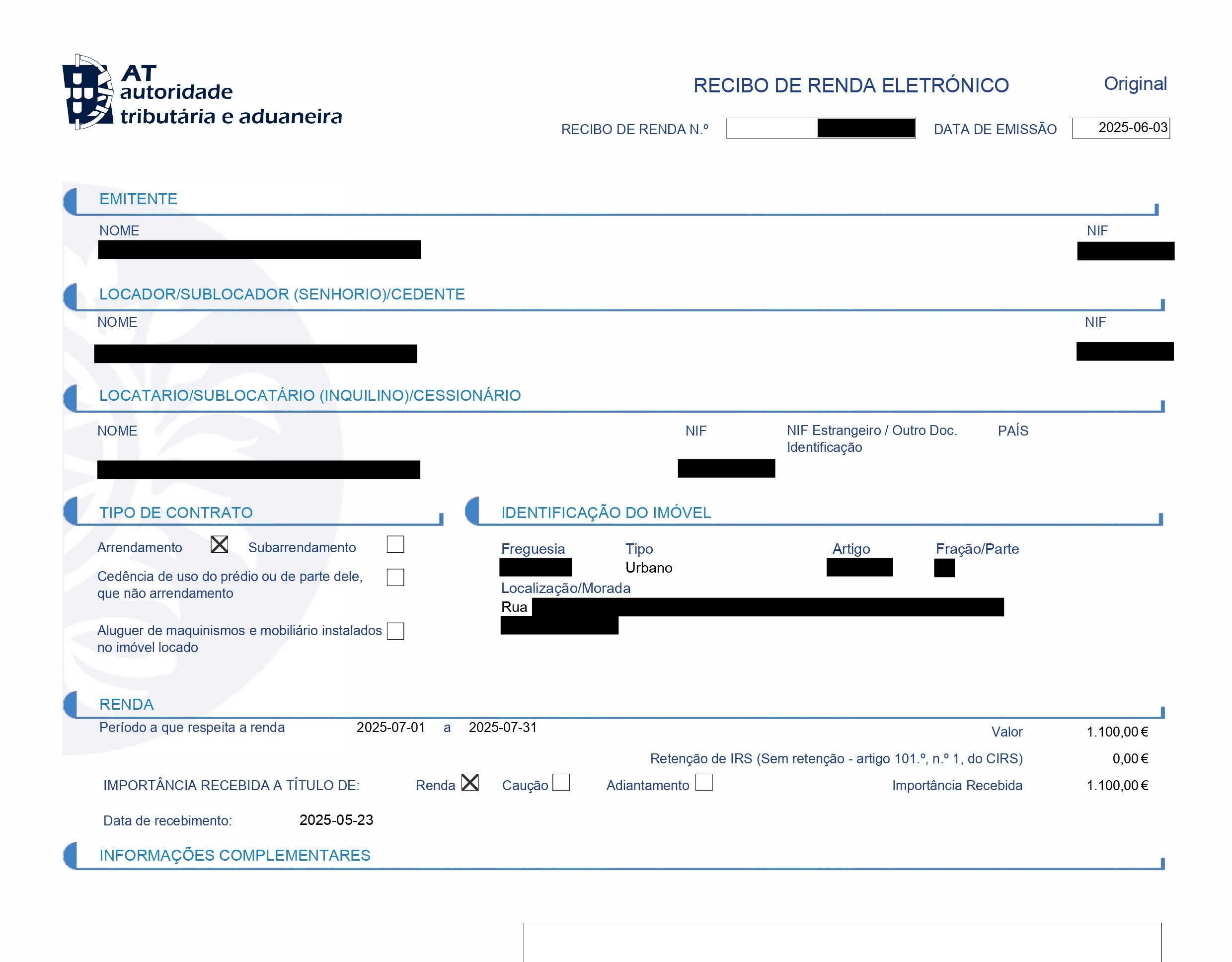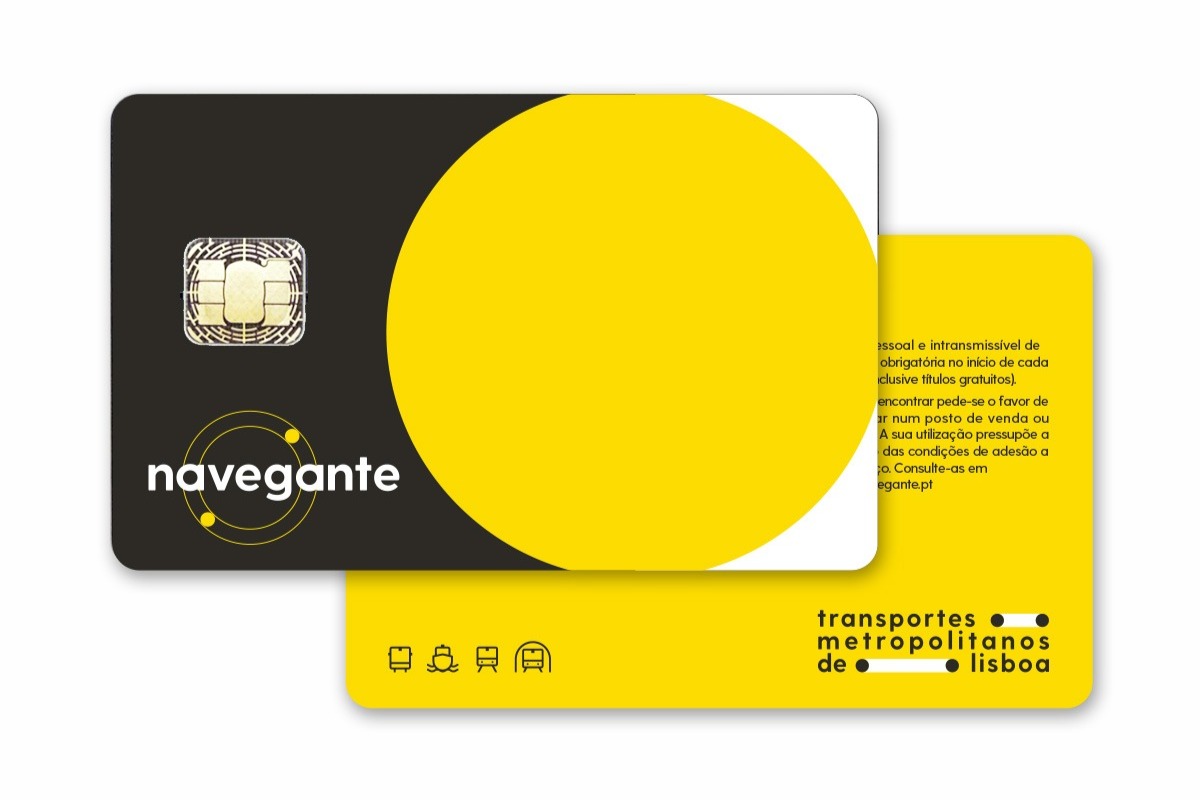
What is a Rental Contract?
It is a legal, written agreement between the landlord and the tenant. This document outlines the rights and responsibilities of both parties and can protect you in case any issues arise during your stay.
What Should Be Included in a Rental Contract?
Some essential elements you should check:
- Identification of the parties (landlord and tenant)
- Property description
- Rent amount and payment date
- Duration of the contract
- Security deposit amount (if any)
- Included or excluded expenses (water, electricity, internet, etc.)
- Conditions for termination
Identification of the landlord and tenant
This is a basic but essential point. The rental contract must include the following details of both the landlord and the tenant:
- Full name, NIF (Tax Identification Number), identification document number, address, and the designation of who is the landlord and who is the tenant.
If you are not identified in the contract with your name and details, you have no legal protection.
Rent amount and payment date
The rent amount is agreed upon by both parties and must be written in the contract. There is no legal “ceiling” for rent in standard contracts, but the landlord cannot change it in the middle of the contract unless under specific conditions set by law (such as the annual adjustment based on an official government index, which can only be applied after one year of the contract’s duration or in the year following the last rent adjustment).
Usually:
- The rent is paid monthly, usually by bank transfer or another agreed-upon method.
- The contract should specify the exact payment date (e.g., "by the 8th of each month").
- Every time you pay, the landlord must provide you with a rent receipt issued by the Portuguese Tax and Customs Authority (“Finanças”).
There may be situations where the landlord requests rent payments in advance. Be aware that the law requires this agreement to be in writing and sets a maximum limit of two months’ rent in advance!
Duration of the Contract
There are several types of rental contracts, with the most common being the fixed-term contract (which specifies the exact end date of the contract under normal circumstances). The contract must specify:
- The type of contract.
- The start and end dates of the rental period.
- Whether or not the contract renews automatically.
Security Deposit
The security deposit is an amount the landlord may request as a guarantee to cover any potential damage to the property.
It is not required by law, but it is a common practice. Typically, landlords ask for the equivalent of 1 to 2 months' rent as a deposit, considering that the law sets a maximum limit of 2 months' rent for the deposit amount.
You should only pay the deposit after signing the contract and confirming that the property is real and in good condition.
The security deposit must be returned at the end of the contract, provided there is no damage to the property.
Tip: you can ask the landlord to provide a receipt showing the security deposit amount and the date it was paid.
Utilities/Expenses
A common mistake is assuming that the rent includes everything, but that’s not always the case.
That’s why the contract should clearly state whether utilities are included or not, and specify which ones (water, electricity, gas, internet, building fees...).
If they are not included, ask how and when they are paid — and request monthly estimates. Avoid surprises and make sure everything is written down!
Contract Termination Conditions
If you need to leave before the end of the contract, you must provide written notice in advance and follow the rules applicable to your contract type. Regarding fixed-term rental contracts, Portuguese law states the following:
- You must complete at least one-third of the contract duration.
- You must notify the landlord at least 60 days in advance if the contract is less than one year; or at least 120 days in advance if the contract is one year or longer.
- The notice must be given in writing (by registered letter with acknowledgment of receipt).
Of course, in practice, you may find landlords who are flexible — but it’s important that any such agreement is clearly written in the contract or an addendum to avoid misunderstandings.
You should also understand that there are other ways to terminate a contract, including considering its duration, so it’s important to find out which legal rules apply to your specific case. If your contract is renewable, don’t forget to check the rules for opposing automatic renewal.
Conclusion
Having a clear and legal contract, as well as a valid NIF, are the first two steps for a safe and hassle-free Erasmus experience. Avoid under-the-table rentals, don’t be afraid to ask questions, and if something seems off, trust your instincts, keep copies of everything and stay informed.
At NIF4Erasmus, we handle your NIF and help you navigate the legal side of life in Portugal, so you can focus on what really matters: making the most of your international experience.
NIF4Erasmus also offers contract drafting services, as well as contract analysis, review, and explanation, in case you want to be sure whether or not to sign a specific rental agreement.
We’re here if you need legal assistance, so don’t hesitate to contact us!
Quick Checklist
✅ Is the landlord identified with their full name, NIF (Tax Identification Number), and address?
✅ Is the property properly described in the contract?
✅ Does the contract clearly state the rent amount, duration, security deposit, and included expenses?
✅ Is the property in good condition and as advertised?
✅ Is the contract signed by both parties?
✅ Did you receive a receipt for any advance payment?



